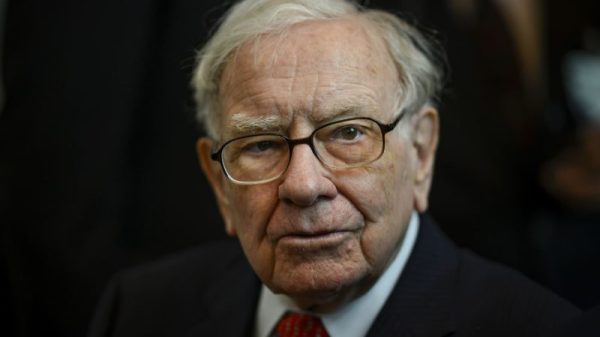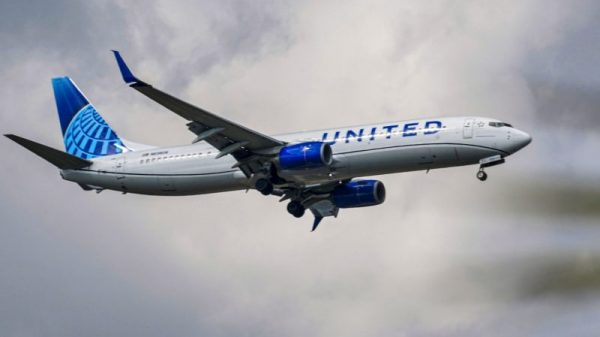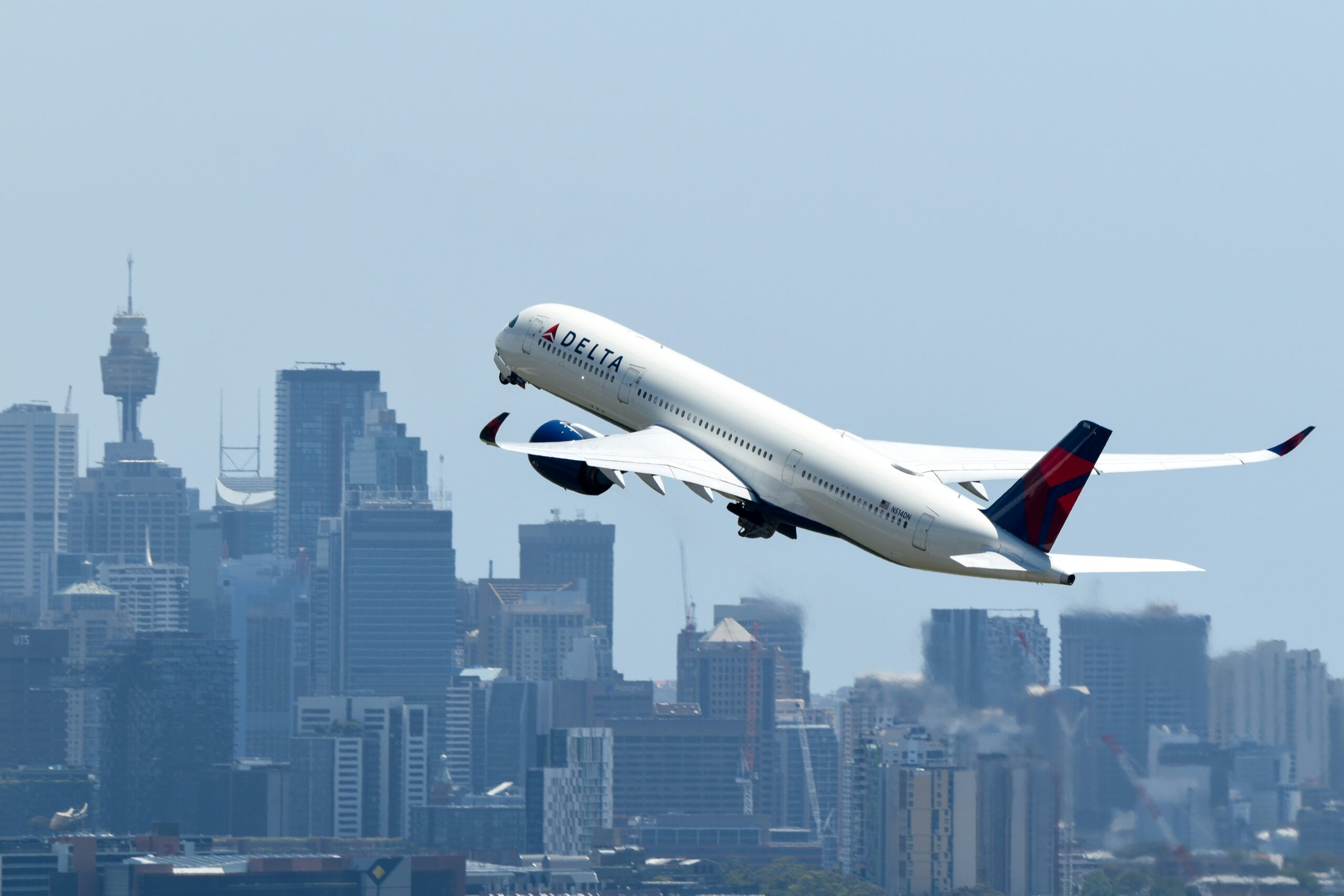Delta Air Lines reported a stronger-than-expected profit for the first quarter but warned that growth is slowing due to global trade uncertainties and softer booking trends.
The airline, which had entered 2025 with optimism, is now scaling back its capacity expansion plans for the second half of the year.
The Atlanta-based carrier posted a 2% increase in quarterly earnings, with profits reaching 46 cents per share.
Revenue rose 3.3% to $12.978 billion, narrowly topping Wall Street expectations of $12.975 billion, according to FactSet.
Analysts had anticipated a profit of 38 cents per share.
However, Delta acknowledged that the initial momentum of the year has faded.
“With broad economic uncertainty around global trade, growth has largely stalled,” Chief Executive Ed Bastian said in the airline’s earnings release.
In this slower-growth environment, we are protecting margins and cash flow by focusing on what we can control.”
Delta’s stock, which initially rose 1.7% in pre-market trading following the earnings release, later pared gains and traded in a narrow range.
Shares of rivals United Airlines and American Airlines were slightly lower in early trading.
Capacity expansion plans on hold as demand softens
Delta had previously planned to expand flying capacity by 3% to 4% in the second half of the year, but those ambitions have now been put on ice.
Instead, the carrier’s capacity will remain flat compared to last year.
The shift comes amid weakening demand, which Bastian attributed in part to President Donald Trump’s shifting trade policies.
Calling them “the wrong approach,” he pointed to their impact on consumer and corporate confidence.
“In the last six weeks, we’ve seen a corresponding reduction in broad consumer confidence and corporate confidence,” Bastian told CNBC.
The airline also cited a broader pullback in travel spending, with main cabin bookings particularly softening.
Business travel, once a reliable driver of revenue, has slowed as companies rethink expenses, and the Trump administration reduces the government workforce.
Despite these headwinds, Delta remains committed to profitability for the full year.
“Given our position of strength, our bias toward action and the decline in fuel prices, we are positioned to deliver solid profitability and free cash flow for the year,” Bastian said.
Analysts brace for further airline capacity cuts
Wall Street analysts have been steadily lowering their expectations for airline earnings amid concerns about cooling demand.
Delta’s cautious outlook may be the first of several similar announcements from the industry in the coming weeks.
“We expect this to be the first of many second-half capacity reduction announcements from the airlines this quarter,” wrote TD Cowen analysts Tom Fitzgerald and Helane Becker in a note following Delta’s results.
For the second quarter, Delta projects earnings between $1.70 and $2.00 per share, with revenue expected to range from a 2% decline to a 2% increase.
Analysts had been expecting stronger performance, with consensus forecasts pointing to earnings of $2.21 per share and a 1.7% rise in revenue to $15.67 billion.
Despite Delta’s reluctance to update its full-year guidance, the airline continues to forecast positive margins, targeting operating margins between 11% and 14% in the second quarter.
Lower fuel costs could provide some cushion, with US oil prices falling 6% on Wednesday to below $56 per barrel.
International and premium travel segments have shown resilience, Bastian noted, even as domestic leisure and corporate demand falters.
“Demand was quite good in January, but things really started to slow in mid-February,” he said.
The post Delta profits beat expectations but company warns of slowing growth, scales back expansion plans for second half appeared first on Invezz
























